In today’s rapidly evolving educational landscape, the importance of experiential learning cannot be overstated. Class Act educational tours have emerged as a powerful tool to bridge the gap between theoretical knowledge and real-world application. These meticulously planned excursions offer students a unique opportunity to step out of their comfort zones and into a world of discovery, growth, and inspiration.
Let’s dive into the ten transformative benefits that make Class Act educational tours an invaluable addition to any student’s academic journey.
Immersive Learning Experiences
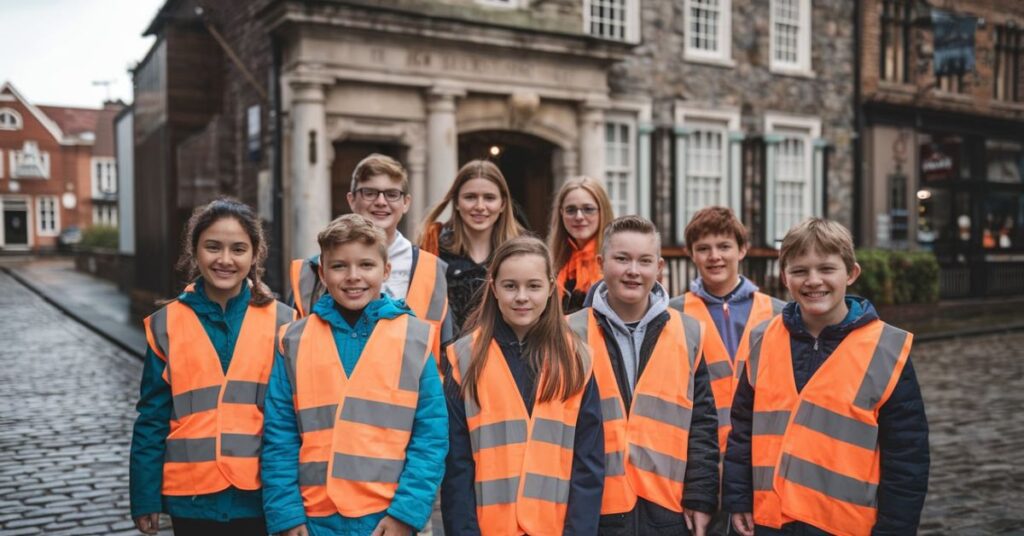
Gone are the days when education was confined to the four walls of a classroom. Class Act educational tours bring textbooks to life, offering students a chance to engage with subject matter in ways that traditional teaching methods simply can’t match.
Picture this: Instead of reading about the Declaration of Independence, students on a Class Act educational tour might find themselves standing in the very room where it was signed. The power of such enhanced learning opportunities cannot be overstated.
“Tell me and I forget, teach me and I may remember, involve me and I learn.” – Benjamin Franklin
This quote perfectly encapsulates the philosophy behind Class Act educational tours. By involving students directly in the learning process, these tours create lasting impressions that stick with them long after the bell rings.
Class Act educational tours often include:
- Hands-on activities at interactive exhibits
- Expert-led tours by historians or scientists
- Workshops that encourage active participation
These experiences don’t just supplement classroom learning; they elevate it to new heights. Students return from these tours with a deeper understanding and appreciation for the subjects they’ve explored.
YOU CAN ALSO LIKE :10 Powerful Reasons How Are Class Act Educational Tours Beneficial For Students
Bridging Theory and Practice
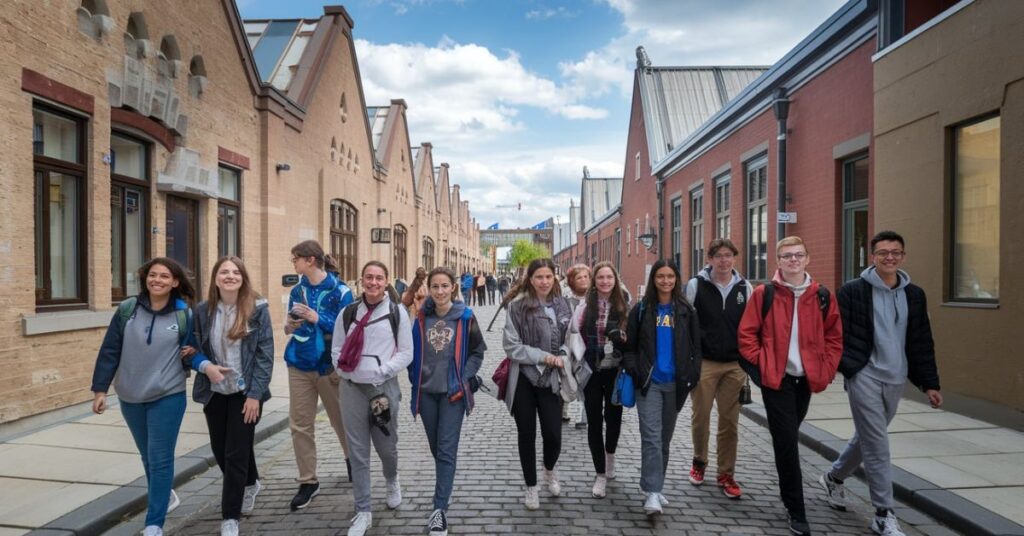
One of the most significant advantages of Class Act educational tours is their ability to demonstrate the real-world application of classroom concepts. This bridge between theory and practice is crucial for several reasons:
- It helps students understand the relevance of their studies
- It provides context for abstract concepts
- It inspires students to pursue specific career paths
For instance, a visit to a space center as part of a Class Act educational tour might spark a lifelong passion for astronomy in a student who previously struggled with physics.
Industry Insights and Career Inspiration
Class Act educational tours often include visits to universities, research facilities, and businesses. These experiences offer students valuable insights into various industries and potential career paths. Here’s a breakdown of how these tours can influence future career choices:
| Experience | Potential Impact |
|---|---|
| University visits | Motivation to pursue higher education |
| Research facility tours | Inspiration to enter scientific fields |
| Business site visits | Understanding of corporate environments |
These practical working environment exposures can be life-changing for students, helping them make informed decisions about their future academic and career paths.
Fostering Social Intelligence
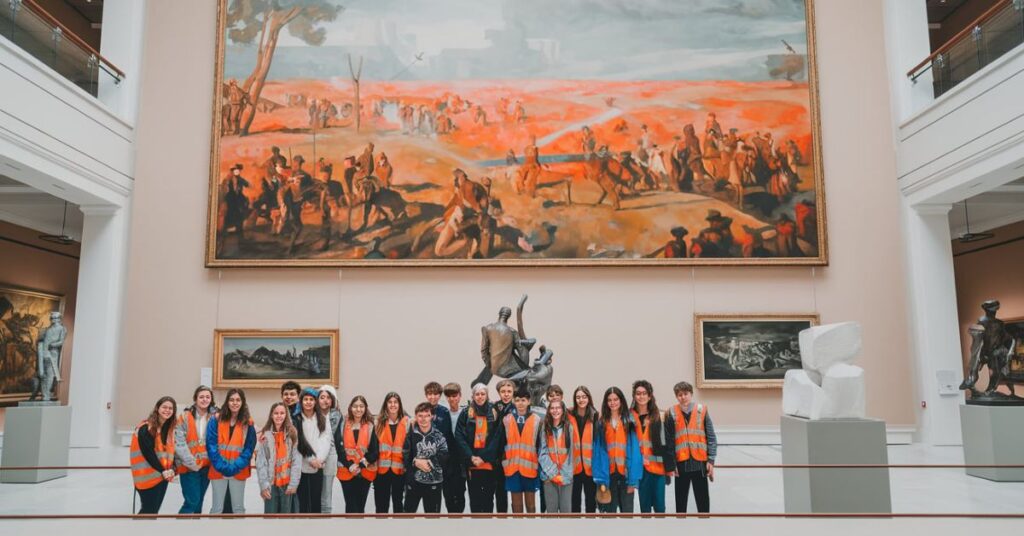
In our increasingly interconnected world, the ability to work well with others is more important than ever. Class Act educational tours provide a unique setting for the development of social skills that are crucial for success in both personal and professional life.
Teamwork and Collaboration
During these tours, students often find themselves working in groups to solve problems or complete tasks. This natural setting for collaboration helps them develop:
- Communication skills
- Leadership abilities
- Conflict resolution techniques
These interpersonal skills are honed in a real-world context, making them more likely to stick with students long-term.
Cross-Cultural Communication
Many Class Act educational tours involve interactions with people from diverse backgrounds. This cultural exposure is invaluable in developing:
- Cultural sensitivity
- Adaptability
- Global awareness
In our increasingly globalized world, these skills are not just beneficial—they’re essential.
Cultural Literacy and Global Perspective
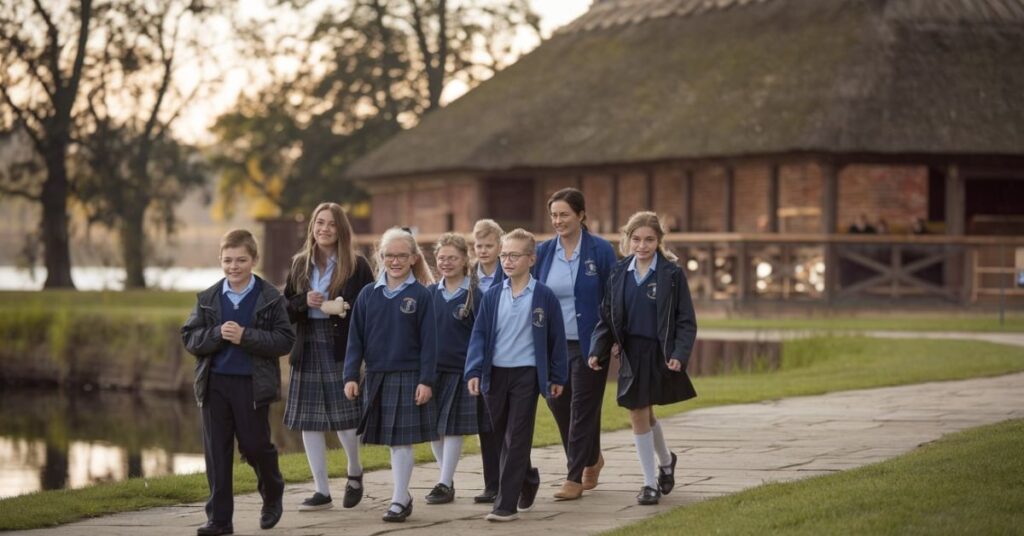
Class Act educational tours often serve as a gateway to the world, offering students first-hand exposure to diverse cultures and ways of life. This cultural exposure goes beyond mere sightseeing; it’s an immersive experience that can profoundly shape a student’s worldview.
Breaking Down Stereotypes
One of the most powerful aspects of Class Act educational tours is their ability to challenge preconceived notions and break down stereotypes. When students interact directly with people from different cultures, they often discover that their assumptions were unfounded or oversimplified.
- Students learn to question media portrayals of other cultures
- Direct interactions replace secondhand information
- Misconceptions are corrected through personal experience
Developing Empathy and Understanding
Through cultural exposure, students on Class Act educational tours develop a deeper sense of empathy and understanding for people different from themselves. This is crucial in today’s interconnected world, where cross-cultural cooperation is increasingly important.
“The highest result of education is tolerance.” – Helen Keller
This quote encapsulates the transformative power of cultural exposure through educational tours. By fostering tolerance and understanding, these experiences prepare students to be responsible global citizens.
Igniting Passion and Curiosity
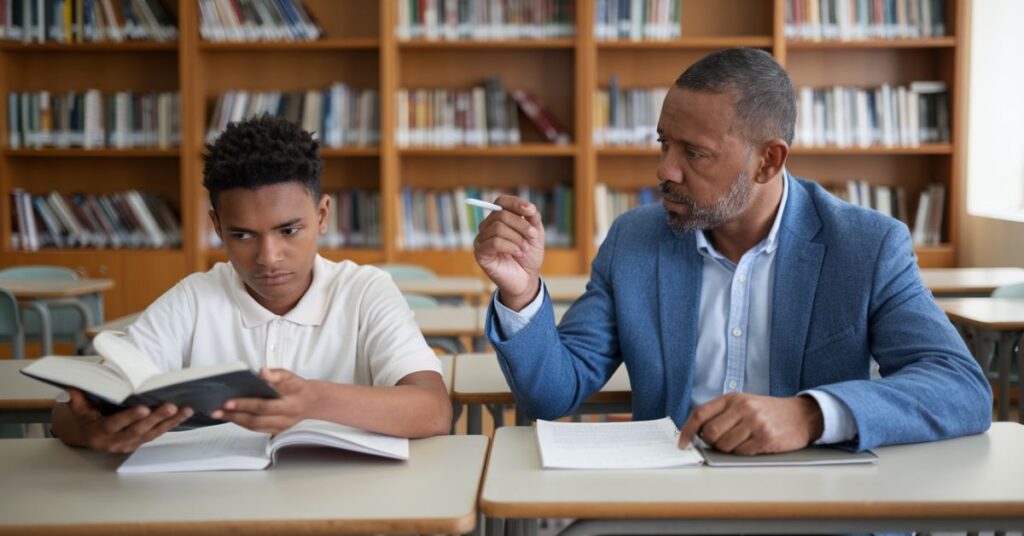
One of the most valuable outcomes of Class Act educational tours is their ability to spark curiosity and ignite passion in students. These tours often serve as catalysts for motivational inspiration, driving students to explore new interests and potential career paths.
Discovering New Interests
Class Act educational tours expose students to a wide range of subjects and experiences, often beyond the scope of their regular curriculum. This broad exposure can lead to:
- Discovery of previously unknown interests
- Rekindling of dormant passions
- Exploration of unconventional career paths
For example, a student who never considered archaeology might find themselves fascinated after visiting an archaeological site on a Class Act educational tour.
Motivating Academic Pursuits
The real-world connections made during Class Act educational tours often translate into increased motivation for academic pursuits. Students return to the classroom with:
- A clearer understanding of why their studies matter
- Renewed enthusiasm for challenging subjects
- Concrete goals to work towards
This motivation can lead to improved academic performance and a more engaged approach to learning overall.
Personal Development and Self-Discovery
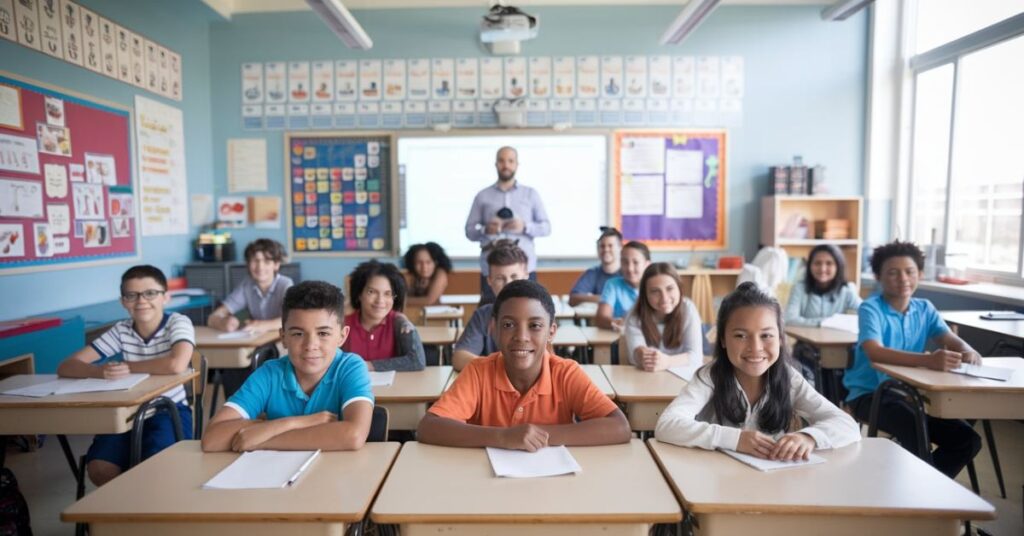
Class Act educational tours provide a unique environment for personal growth and independence. Away from the familiar surroundings of home and school, students are challenged to step out of their comfort zones and discover new aspects of themselves.
Building Independence and Self-Reliance
During Class Act educational tours, students often find themselves in situations where they need to make decisions and solve problems independently. This fosters:
- Self-reliance
- Decision-making skills
- Problem-solving abilities
These experiences of independence development are invaluable in preparing students for the challenges of adult life.
Boosting Confidence and Self-Esteem
Overcoming challenges and navigating new environments during Class Act educational tours can significantly boost a student’s confidence and self-esteem. This increased self-assurance often translates into:
- Improved academic performance
- Better social relationships
- Increased willingness to take on new challenges
The personal growth and independence fostered by these tours can have long-lasting positive effects on a student’s life trajectory.
Enhancing Academic Performance
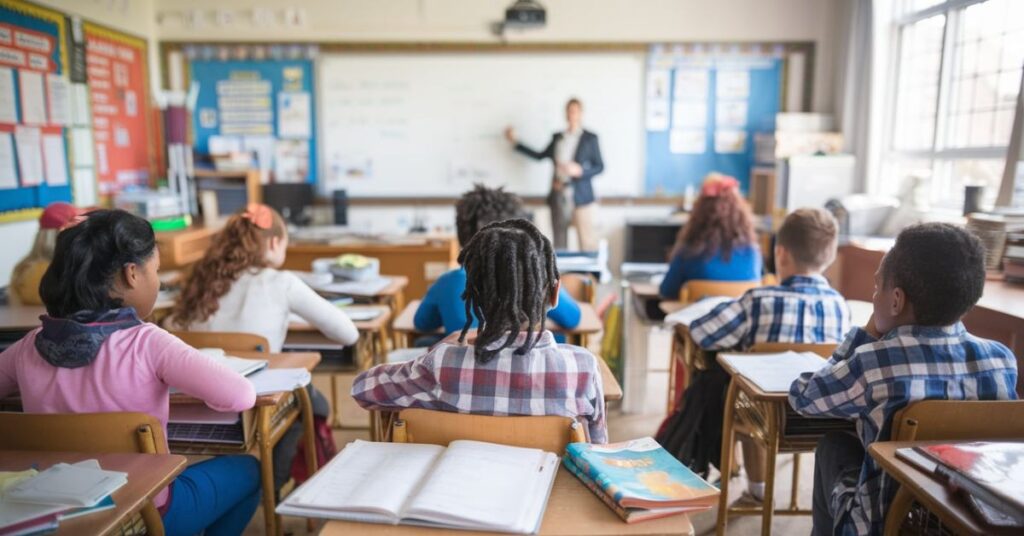
While the benefits of Class Act educational tours extend far beyond the classroom, it’s important to note their positive impact on academic performance. These tours enhance learning in several key ways:
Improved Retention of Information
When students experience information firsthand, they’re more likely to retain it long-term. Class Act educational tours provide countless opportunities for this type of experiential learning:
- Visiting historical sites brings history to life
- Exploring museums reinforces scientific concepts
- Engaging with local communities deepens cultural understanding
This hands-on approach to learning leads to better information retention and deeper understanding of academic subjects.
Increased Engagement in Related Subjects
After returning from a Class Act educational tour, students often show increased interest and engagement in related subjects. This heightened engagement can lead to:
- Improved class participation
- Higher quality assignments
- Better test scores
The real-world connections made during these tours make abstract concepts more tangible and relevant to students.
Development of Critical Thinking Skills
Class Act educational tours often present students with complex, real-world problems that require critical thinking to solve. This development of analytical skills translates directly to improved academic performance across all subjects.
Nurturing Emotional Intelligence
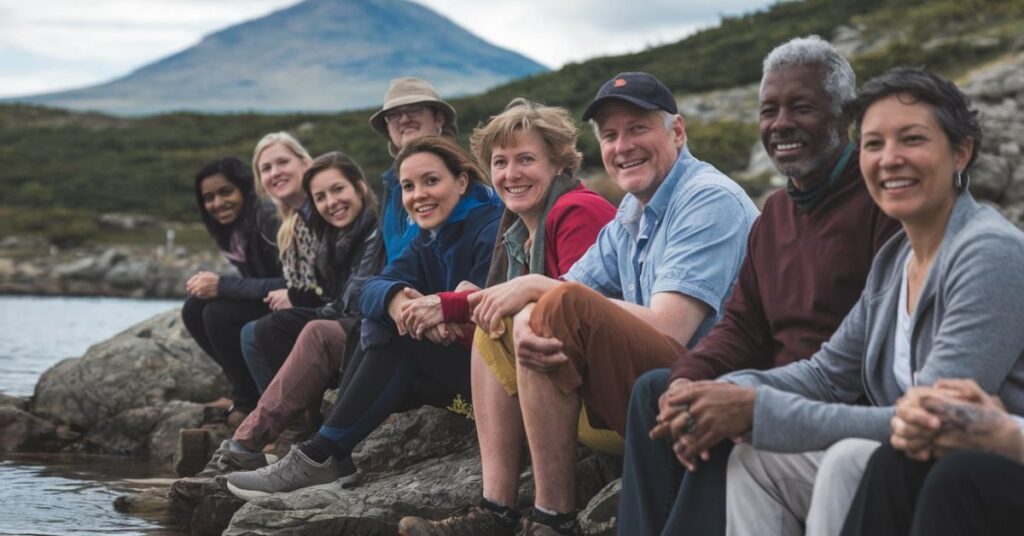
In addition to academic benefits, Class Act educational tours play a crucial role in developing students’ emotional intelligence. This aspect of personal development is increasingly recognized as vital for success in both personal and professional life.
Managing Emotions in Unfamiliar Situations
During Class Act educational tours, students often find themselves in new and potentially challenging situations. This provides opportunities to:
- Recognize and name emotions
- Develop coping strategies
- Practice emotional regulation
These skills are invaluable not just for the duration of the tour, but for life in general.
Developing Resilience and Coping Mechanisms
The challenges faced during Class Act educational tours help students build resilience and develop effective coping mechanisms. Whether it’s dealing with homesickness, navigating language barriers, or solving unexpected problems, these experiences contribute to:
- Increased adaptability
- Better stress management
- Improved problem-solving skills
These are all crucial components of emotional intelligence that will serve students well throughout their lives.
Creating Lasting Memories and Bonds

One of the most cherished outcomes of Class Act educational tours is the creation of lifelong memories and strong social bonds. These shared experiences often become defining moments in students’ lives, remembered and treasured long after the tour has ended.
Strengthening Friendships
The unique environment of a Class Act educational tour provides fertile ground for strengthening existing friendships and forming new ones. Students often find that:
- Shared challenges bring them closer together
- New sides of their peers are revealed
- Friendships are tested and strengthened
These strengthened social bonds can have a positive impact on the overall school environment upon return.
Building Trust Between Students and Educators
Class Act educational tours also provide an opportunity for students and educators to interact outside the formal classroom setting. This can lead to:
- Improved student-teacher relationships
- Increased trust and respect
- Better communication in the classroom
These improved relationships can have a significant positive impact on the overall learning experience.
Preparing for a Globalized World

In our increasingly interconnected world, the skills developed during Class Act educational tours are more valuable than ever. These experiences prepare students to thrive in a globalized society by fostering:
- Adaptability in diverse environments
- Understanding of global interconnectedness
- A sense of global citizenship
Developing Adaptability
Class Act education tours often place students in unfamiliar situations, challenging them to adapt quickly. This develops:
- Flexibility in thinking and behavior
- Comfort with ambiguity
- Ability to navigate diverse cultural norms
These skills are crucial in today’s rapidly changing global environment.
Understanding Global Interconnectedness
Through Class Act education tours, students gain firsthand experience of how different parts of the world are connected. This understanding is vital for:
- Future business leaders
- Aspiring politicians
- Anyone seeking to make a global impact
By seeing these connections firsthand, students are better prepared to navigate our complex, interconnected world.
Conclusion
Class Act education tours offer a wealth of benefits that extend far beyond traditional classroom learning. From providing enhanced learning opportunities and real-world application of knowledge to fostering personal growth and independence, these tours play a crucial role in shaping well-rounded, globally aware individuals.
The development of social skills, cultural exposure, and creation of lifelong memories are just a few of the many advantages that make Class Act education tours an invaluable component of a comprehensive education. As we’ve explored, these tours not only enhance academic performance but also nurture emotional intelligence and prepare students for the challenges of a globalized world.
In an era where experiential learning is increasingly recognized as a powerful education tool, Class Act education tours stand out as a transformative experience that can shape a student’s personal, academic, and professional trajectory. By investing in these tours, we’re not just enriching students’ educational experiences—we’re investing in their future success and in the creation of more understanding, adaptable, and globally-minded citizens.
As educators, parents, and students consider the value of these experiences, it’s clear that the benefits of Class Act education tours extend far beyond the duration of the trip itself. They create ripple effects that can positively influence a student’s life for years to come, making them an invaluable addition to any comprehensive educational program.
